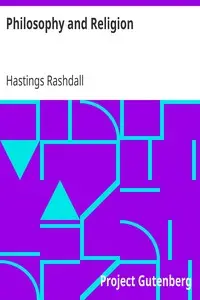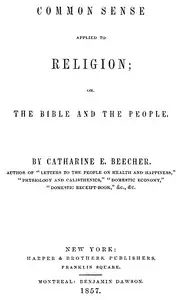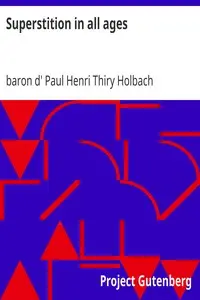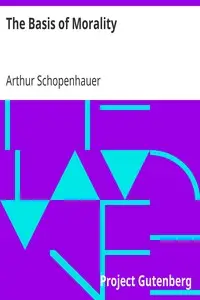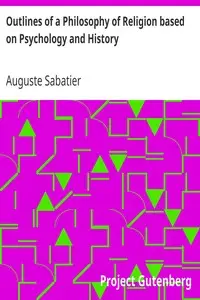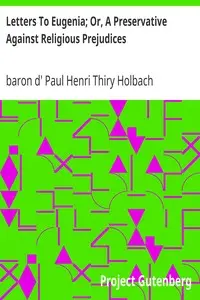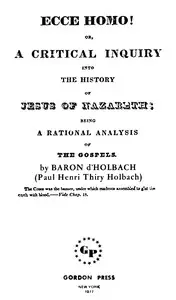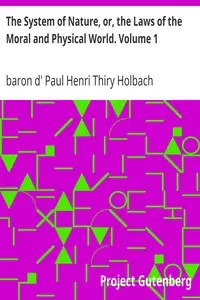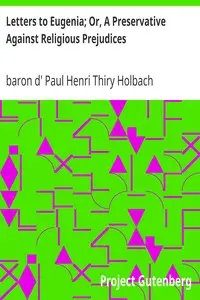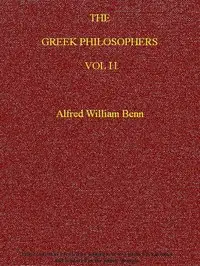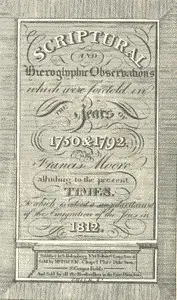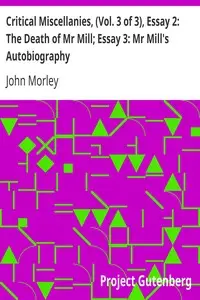"Good Sense" by Paul Henri Thiry Holbach is a thought-provoking exploration of atheism, reason, and morality, questioning traditional religious beliefs. The book presents a powerful argument against the necessity of a deity and the validity of religious doctrine, suggesting they come from ignorance and manipulation. Holbach uses the image of a hidden monarch and his confusing ministers to represent God and priests, criticizing religion for instilling fear and demanding belief in the absurd. Instead of religious faith, the book advocates for achieving morality and understanding by using logic and common sense, setting the stage for a rational examination of ethics and human existence.
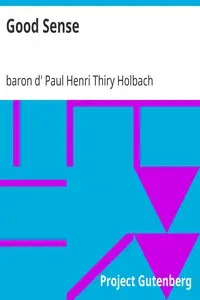
Good Sense
By Paul Henri Thiry Holbach
In a world controlled by superstition, a philosophical battle erupts, championing reason and condemning ancient religious beliefs as tools of control.
Summary
About the AuthorPaul-Henri Thiry, Baron d'Holbach, known as d'Holbach, was a Franco-German philosopher, encyclopedist and writer, who was a prominent figure in the French Enlightenment. He was born Paul Heinrich Dietrich in Edesheim, near Landau in the Rhenish Palatinate, but lived and worked mainly in Paris, where he kept a salon. He helped in the dissemination of "Protestant and especially German thought", particularly in the field of the sciences, but was best known for his atheism, and for his voluminous writings against religion, the most famous of them being The System of Nature (1770) and The Universal Morality (1776).
Paul-Henri Thiry, Baron d'Holbach, known as d'Holbach, was a Franco-German philosopher, encyclopedist and writer, who was a prominent figure in the French Enlightenment. He was born Paul Heinrich Dietrich in Edesheim, near Landau in the Rhenish Palatinate, but lived and worked mainly in Paris, where he kept a salon. He helped in the dissemination of "Protestant and especially German thought", particularly in the field of the sciences, but was best known for his atheism, and for his voluminous writings against religion, the most famous of them being The System of Nature (1770) and The Universal Morality (1776).


